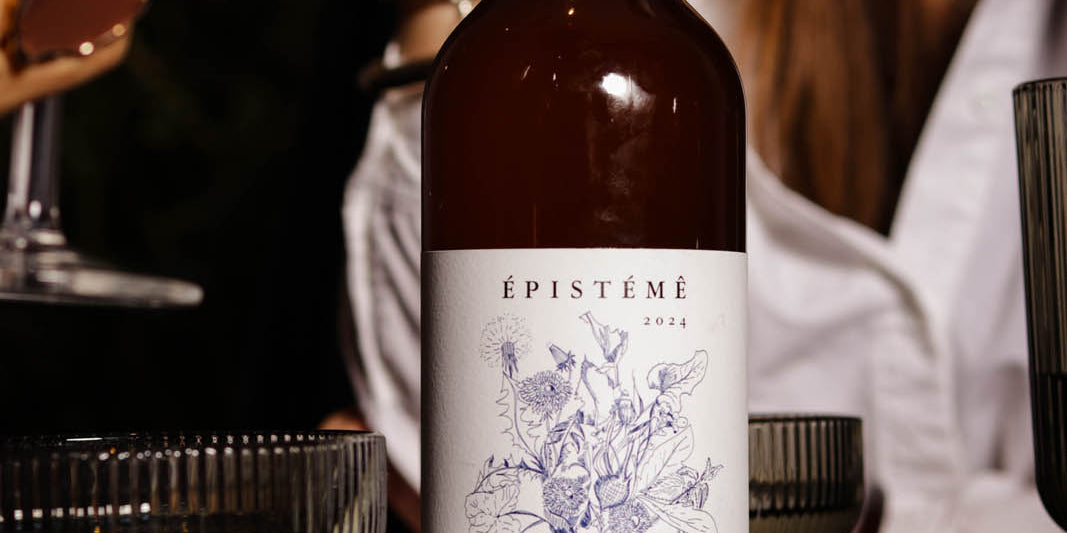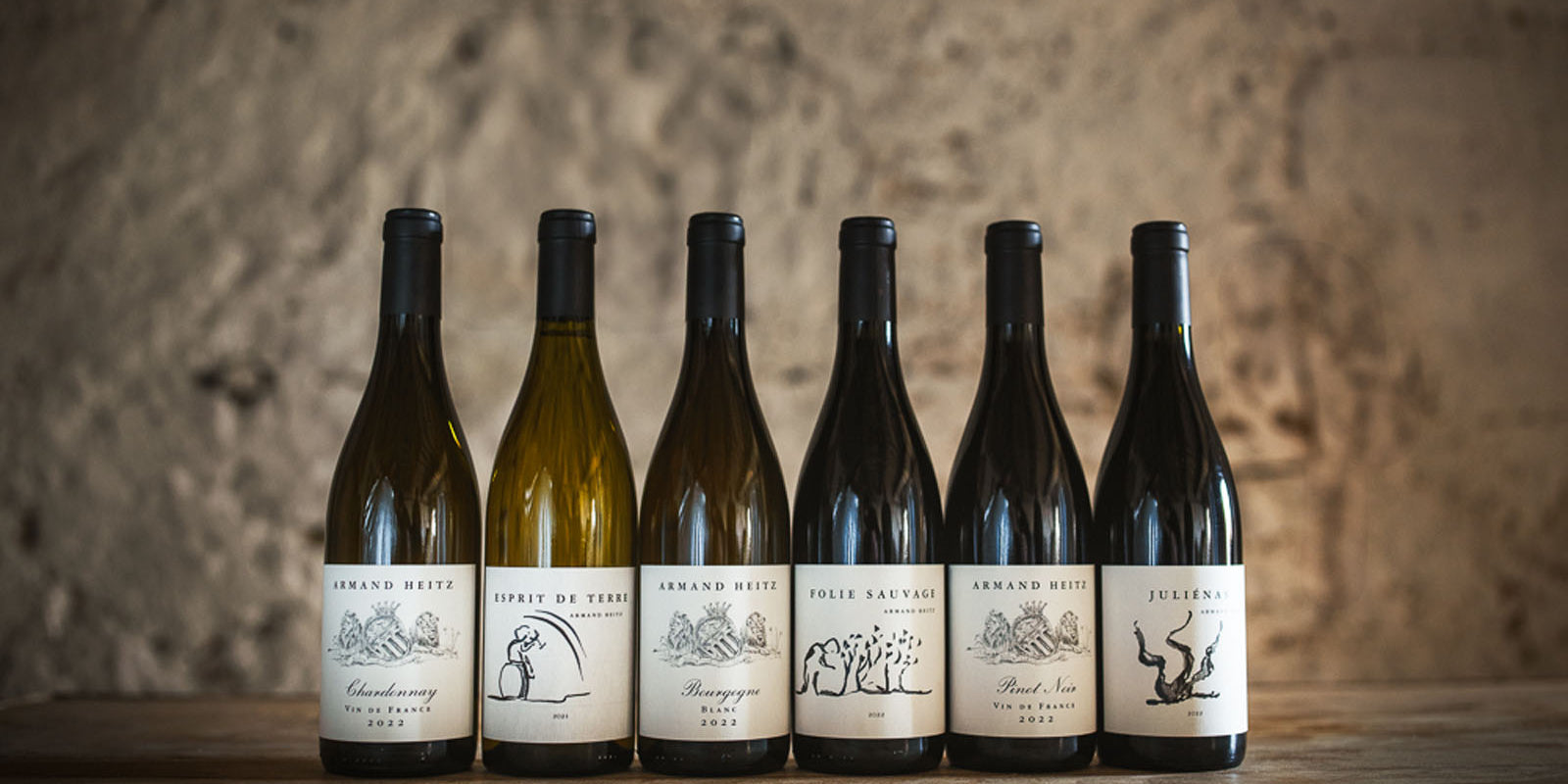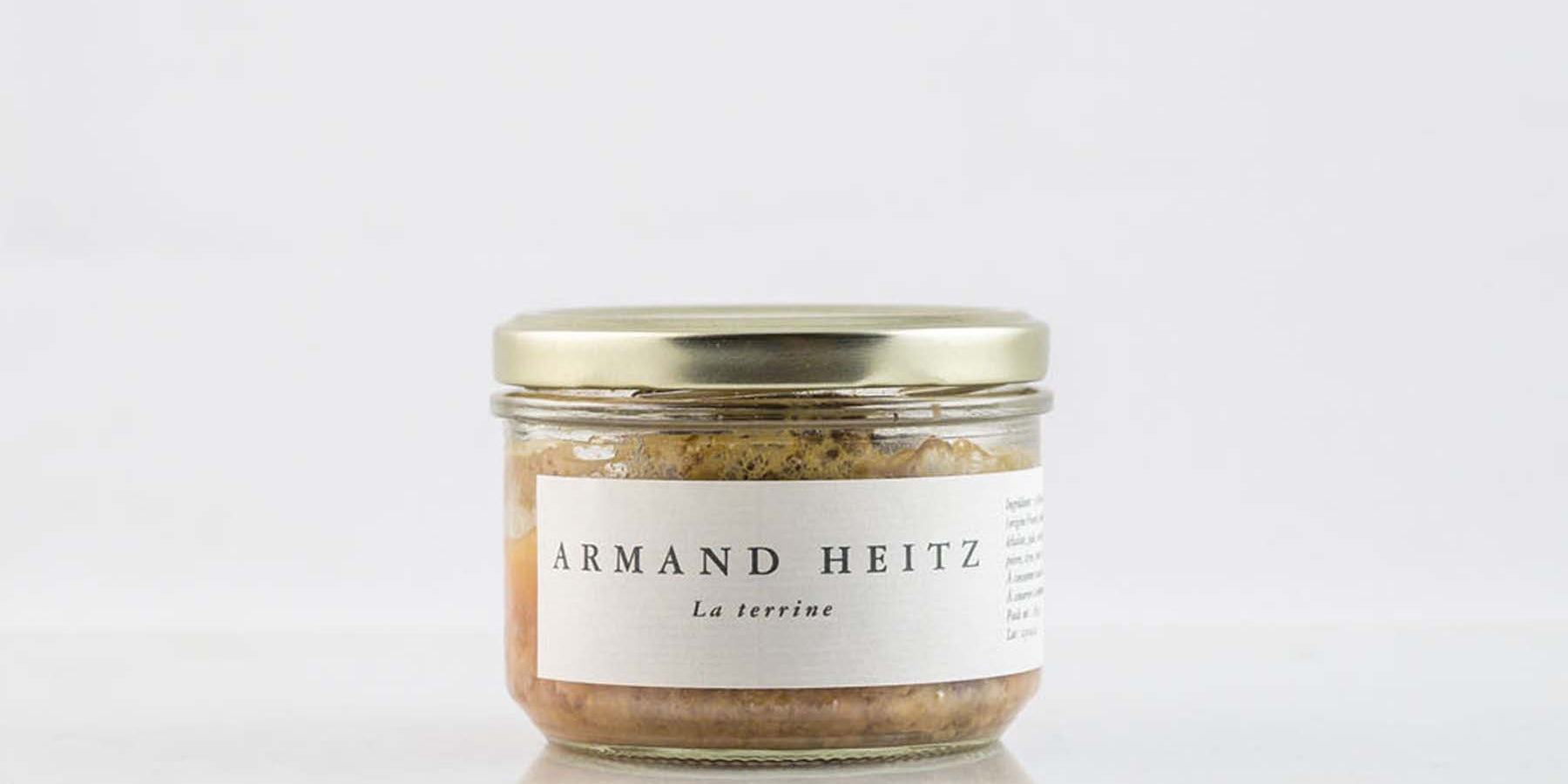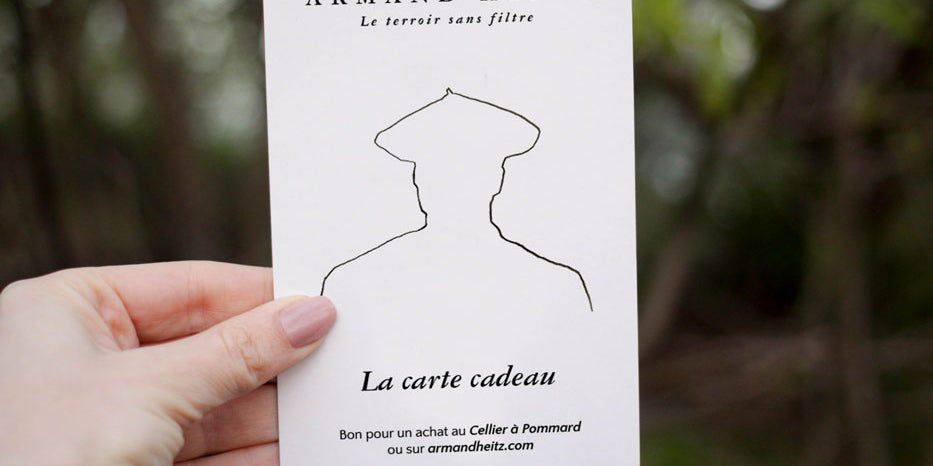In our world, many myths and realities around the vine exist. Among them, the one that the lunar calendar would play an important role in the different agricultural cultures and in particular in the vineyards, thus evoking the influence of the lunar star on the culture and the taste of wine.
According to the lunar calendar, plowing, for example, should be done in the downward phase, while harvesting should be done in the upward phase. Let's try to find out a little more about the subject...
Origins
Rudolf Steiner, the forerunner of biodynamics, asserted in his 1924 book "The Farmers Course" that "all life on earth depends on cosmic rhythms". He emphasizes by this point that the cosmic periphery has an influence on the life cycle of plants and animals.
In this same book, he states that the Moon plays a major role in biodynamics through these different phases, which we will develop later.
Biodynamics: agriculture that ensures soil and plant health and places great importance on the rhythms of nature.
Before him, other men have already noticed and understood the impact of the moon on the elements of the Earth. Indeed, Pliny the Elder, Roman Emperor of the first st century, declared that the Moon “reconstitutes the earth; when it approaches, it fills all bodies, while when it withdraws, it empties them”.

The impact of the Moon on plantations
The lunar calendar is divided into lunations (27 to 29 days on average), it is during this period that the moon goes through different phases waxing, rising, full, etc. According to the idea that the lunar calendar influences viticulture, each of these phases corresponds to a precise task to be carried out at the level of the vineyard.
During a rising moon, according to the lunar calendar, the sap rises in the vessels of plants, which intensifies microbial life and helps aerial development. It is therefore recommended that winegrowers wishing to sow these seeds should do so during this period.
During the waning Moon, still according to the lunar calendar, the sap descends to the roots and it is therefore at this time that the winegrower must enrich his soil and work it.
Numerous studies have shown that the movements of the Moon influence the growth of the vine. A study by Bruce Bills, professor of geodynamics, explains for example that "the tides in the oceans help to circulate the heat of tropical waters towards the poles", which would therefore have favored biodiversity.
The impact of the Moon on tasting
To the different phases of the Moon, are added the different days that make up the lunar calendar: root, flower, leaf and fruit days. For the planting of vines, these different days of the lunar calendar would have an impact. It would therefore be preferable to plant on a root day in the waning Moon. While it would be preferable to prune a fruit day always in waning Moon.
Today, more and more amateur and professional tasters refer to the lunar calendar to optimize their tasting, an application has even been launched: "When wine tastes better".
To put it simply, we can summarize the four phases as follows:
- Root day: It is designated as a bad day for wine tasting, not delivering all the aromas.
- Flower Day: When the moon is in one of the air signs, this day is perfect for tasting aromatic wines such as Viognier or Sauvignon Blanc.
- Leaf day: when the Moon is in one of the water signs, these are the days when plants focus on their chlorophyll production, a day not conducive to tasting
- Fruit Day: When the Moon is in one of the fire signs, it is the best time for tasting. Enjoy!
The impact of the Moon on tasting is not yet proven. Everyone has their own opinion, for some, on a fruit day the wines will be more open and fruity, for others, it doesn't change anything...
Armand's opinion
In 2010, when visiting the Christian Rossel estate in the canton of Neuchâtel, I understood that biodynamics was certainly the best way to take into account a maximum of parameters and implement the best decision for the vine. and wine.
From the 2013 vintage to the 2017 vintage, I rigorously followed the principles of biodynamics. The wines are popular and the customers appreciate the talk, but the agronomic and viticultural results do not suit me.
During the winter of 2018, we studied with my wife the principles of agroecology, permaculture, and regenerative and resilient agriculture.
After this major work of bibliographic study, I agree more with the vision of permacultor Damien Dekarz, who indicates that he does not neglect the probable effect of the Moon on plants, but who prefers to be attentive to the weather and the microclimates of each of its growing areas.
Arthur Pollet
.












